Learning Beyond Borders
How a Non-Denominational, Co-Educational School in Melbourne is Building Agile Learners—and a Better Future—Through a Values-Driven, International Lens.
In a crowded field of century-old institutions, Knox School has built its identity on agility, inclusion, and impact. Founded in 1982 as a non-denominational, co-educational independent school, Knox was intentionally designed to serve community needs without attachment to a church, franchise, or external authority. That freedom—governed by an engaged board and strengthened by a values-first culture—has become the school’s edge in a highly competitive Melbourne education market.
“We’re not harnessed by legacy—we leverage it,” says Principal Kirkup. “Our founders set out to create a space that was inclusive, not elitist, and driven by community needs. That’s even more relevant today.”
A Truly International Community
Knox’s campus reads like a microcosm of the modern world: 54 nationalities represented and 42 languages spoken. The school’s international culture is not simply a demographic reality—it’s a pedagogical asset. Students learn to collaborate across cultures, communicate authentically, and build the kind of global fluency that modern employers expect.
Since 2020, Knox has grown enrollment by roughly one-third, reaching ‾830 students on its way to an optimal ‾960—while several nearby schools saw simultaneous declines. That growth tracks with what families say they want in a post-pandemic world: a values-driven education that prioritizes student agency, wellbeing, and authentic, real-world outcomes alongside academic achievement.
The Three Journeys: How Knox Personalizes Learning
Kirkup highlights that Knox reframes schooling as a journey rather than a destination. She notes that the school is guided by a signature model based on Three Journeys which personalizes each student’s growth across three integrated domains: an academic Journey, which rests on a mastery of traditional disciplines and subject knowledge, a skills Journey based on the deliberate development of the “4Cs”—collaboration, creativity, critical thinking, and communication—with growth measured, not guessed and by way of a Character Journey. This looks like character and contribution through service, leadership, ethics, and purpose—answering the question: What kind of person am I becoming, and how am I contributing?
Unlike schools that hope students “pick up” transferable skills implicitly, Knox treats skills as explicit learning goals. In partnership with leading university researchers, the school has invested in new ways to measure growth in skills and character—alongside grades in maths or English—so learners can see, own, and communicate their progress.
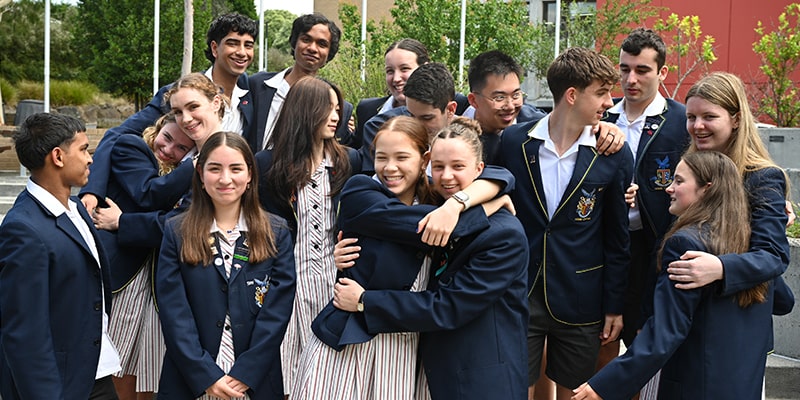
That evidence lives in a Learner Profile, a dynamic, digital portfolio that captures each student’s growth across all three journeys—projects launched, ventures started, service undertaken, teams led, goals set (and met). It’s a richer, more human record than a transcript alone.
“Content is ubiquitous. What differentiates a graduate is the skill to apply knowledge, the character to use it well, and the agency to create change,” says Kirkup.
Real-World Learning, Real-World Impact
Kirkup draws attention to Knox’s pedagogical engine which she refers to as the Knoxpedition, a multi-month, interdisciplinary learning arcs rooted in authentic client problems and culminating in public, real-world outcomes.
She uses the example of one recent Year 8 Knoxpedition which addressed a community-identified challenge: residents at a local aged-care home felt increasingly isolated from a rapidly changing neighborhood. Students worked in teams over six months across English, Photography, and Geography, conducting weekly interviews to document residents’ lives. The deliverables: a carefully crafted biography and a portrait designed to capture each person’s essence—not just a “point-and-shoot,” but a deeply considered visual narrative.
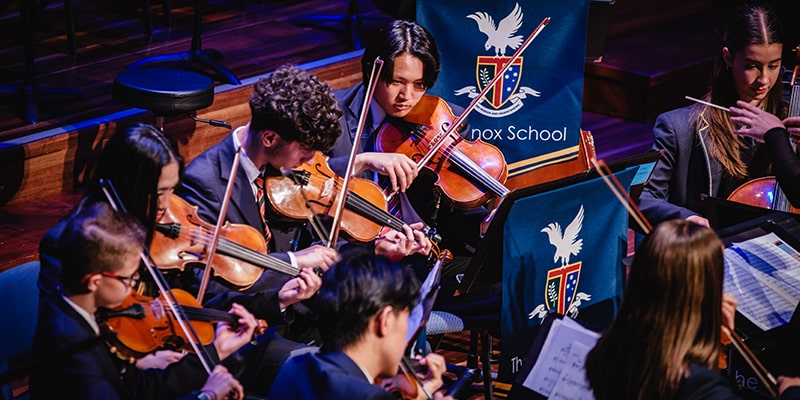
The project culminated in a public showcase with residents and families. For one family, the artifacts became even more meaningful when their loved one passed away during the project—the student-created biography was read at the funeral, and the portrait gifted to the family.
The learning was profound and measurable: advanced interviewing and writing in English, technical and interpretive skills in Photography, and place-based inquiry in Geography—plus the 4Cs in action, and a reflective accounting of impact made.
This is the Knox standard: real problem → real client → real outcome → real reflection. And it is why the school deliberately designs teaching for facilitation, not delivery. Teachers regularly “road test” Knoxpeditions themselves—experiencing the discomfort and discovery learners face—so they can better design for complexity.
The Futures Centre: Space Designed by Students, for Students
To house and accelerate this model, TKS has completed the first stage of its new Futures Centre, an open, agile learning environment that trades rows of desks for movable, modular space more akin to a co-working studio than a classroom.
In classic Knox fashion, students weren’t just consulted—they co-designed it. Partnering with modular builder Harwyn Pods, student teams shaped sustainability features, interior layout, furnishings, and the external look-and-feel.
The students were provided an opportunity to visit the factory, review prototypes, and inform procurement. The result is a learning space learners feel ownership over, because they helped create it—and a facility purpose-built for Knoxpeditions, start-up sprints, and community showcases.
An official opening is slated for the end of Term 1, with students leading the ceremony.
Professional Learning Built Into the Week
Great learning requires great teachers. Every Tuesday afternoon, Knox students finish early while staff engage in dedicated professional learning—incubator time for cross-school collaboration, pilot projects, and pedagogical R&D. It’s a structural acknowledgement that educators are the school’s greatest asset—and that innovation needs calendar time, not just aspiration.
The faculty currently numbers ‾140 staff across Early Learning to Year 12, with specialists who also collaborate across sub-schools to keep the whole Knox journey coherent.
Strategy as a Living Ecosystem
In 2021–2023, Knox used a post-pandemic horizon to rethink fundamental assumptions—most notably the timetable. Rather than replicate face-to-face structures online, the school experimented with flexible blocks, passion project time, and wellbeing windows. The lesson: schedules should serve learning, not the other way around.
Out of that came a new kind of strategy: a living learning ecosystem launched community-wide as “Learning Beyond Our Borders—towards 2030 and beyond.” It’s not a static plan with expiring KPIs; it’s a dynamic digital map—think interactive game world—where initiatives can be explored, updated, and extended as conditions change. It formalizes Knox’s operating belief: agility and coherence can co-exist.
“Beyond our borders” means beyond classrooms, beyond the campus, and beyond national boundaries—activating parents, peers, community partners, and global collaborators in the act of learning. It also means embracing the realities of a VUCA (volatile, uncertain, complex, ambiguous) world and the ethical integration of AI into teaching and learning.
The North Star: Student Agency
If there’s a single through-line, it’s this: student voice and agency sit at the heart of every major decision. From infrastructure choices to program design, the guiding question is consistent: How will this benefit the child—not just now, but for the future they will inherit?
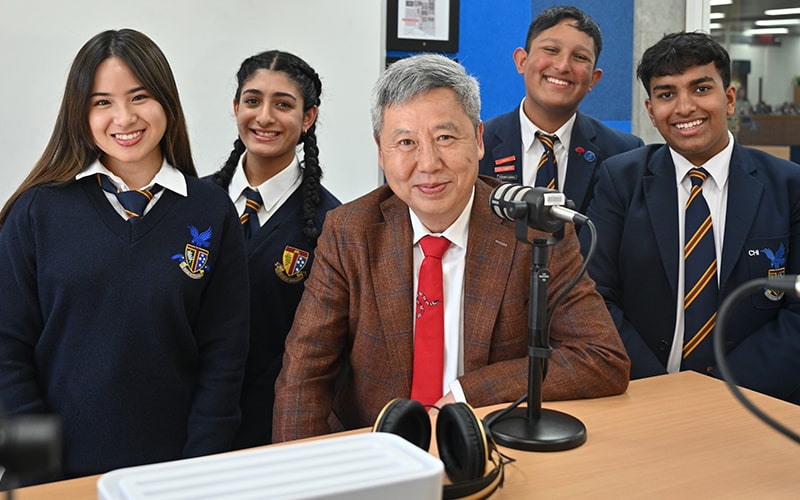
That future requires more than test scores. It demands citizens who can listen, analyze, create, collaborate, and care—people with the competence and character to tackle problems they didn’t create but are compelled to solve.
“We’re handing the next generation a complex world,” says Kirkup. “Our responsibility is to equip them—fully and ethically—to change it.”
AT A GLANCE
Who: The Knox School
What: A leading non-denominational, co-educational, values-driven school that strives to meet student success
Where: Melbourne, Australia
Website: www.knox.vic.edu.au
PREFERRED VENDORS/PARTNERS
SW Accountants & Advisors : www.sw-au.com
SW Accountants & Advisors, with 90 years’ experience, delivers audit, tax and advisory services backed by 400 professionals and a global network. Our education experience has been critical to private schools that are growing and have more complex needs. Our award winning client experience reflects long-term relationships and values that define our trusted reputation.

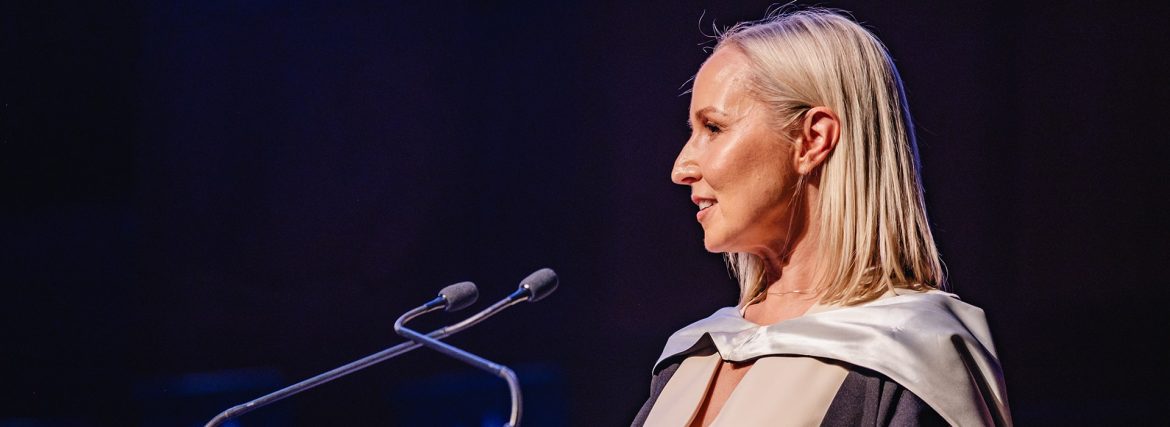
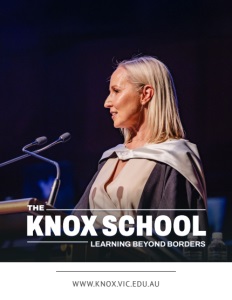
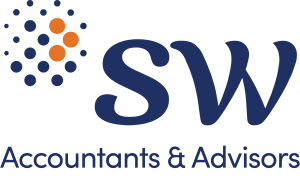
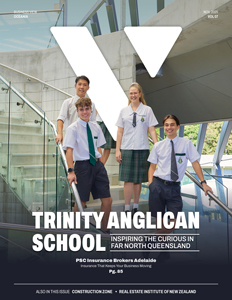
 This information will never be shared to third parties
This information will never be shared to third parties